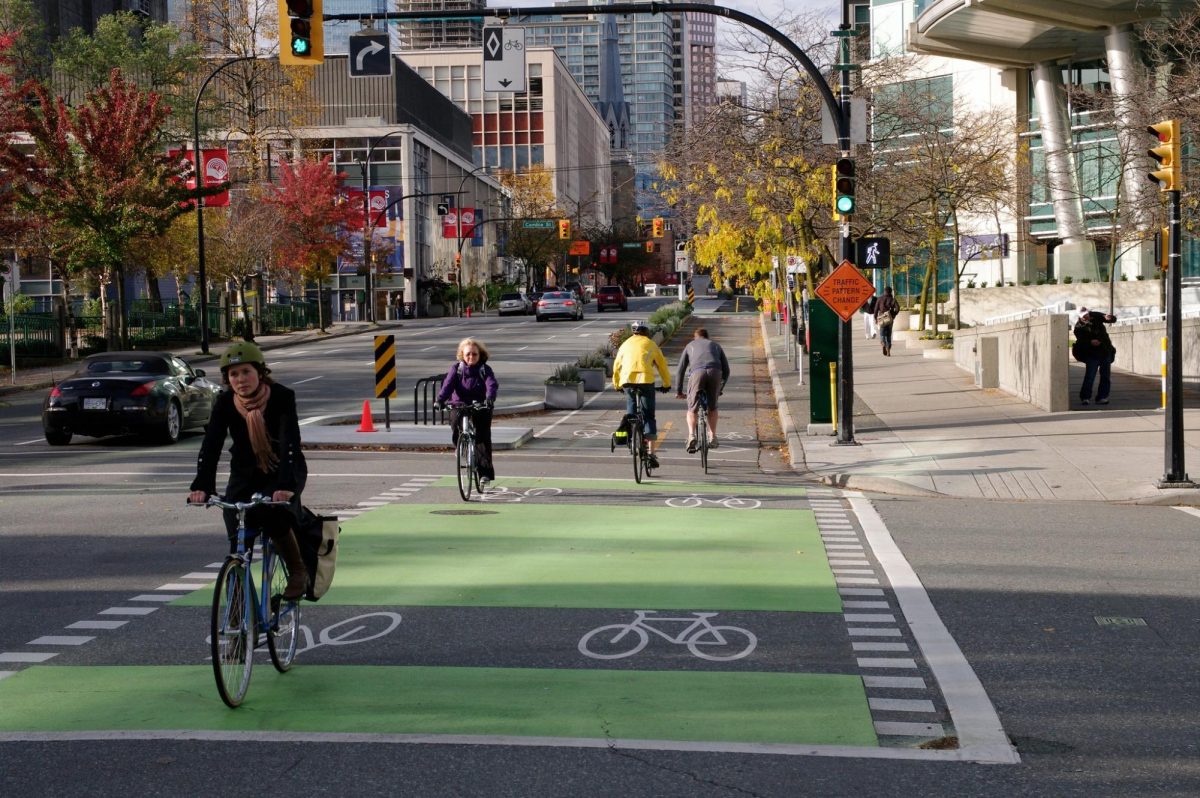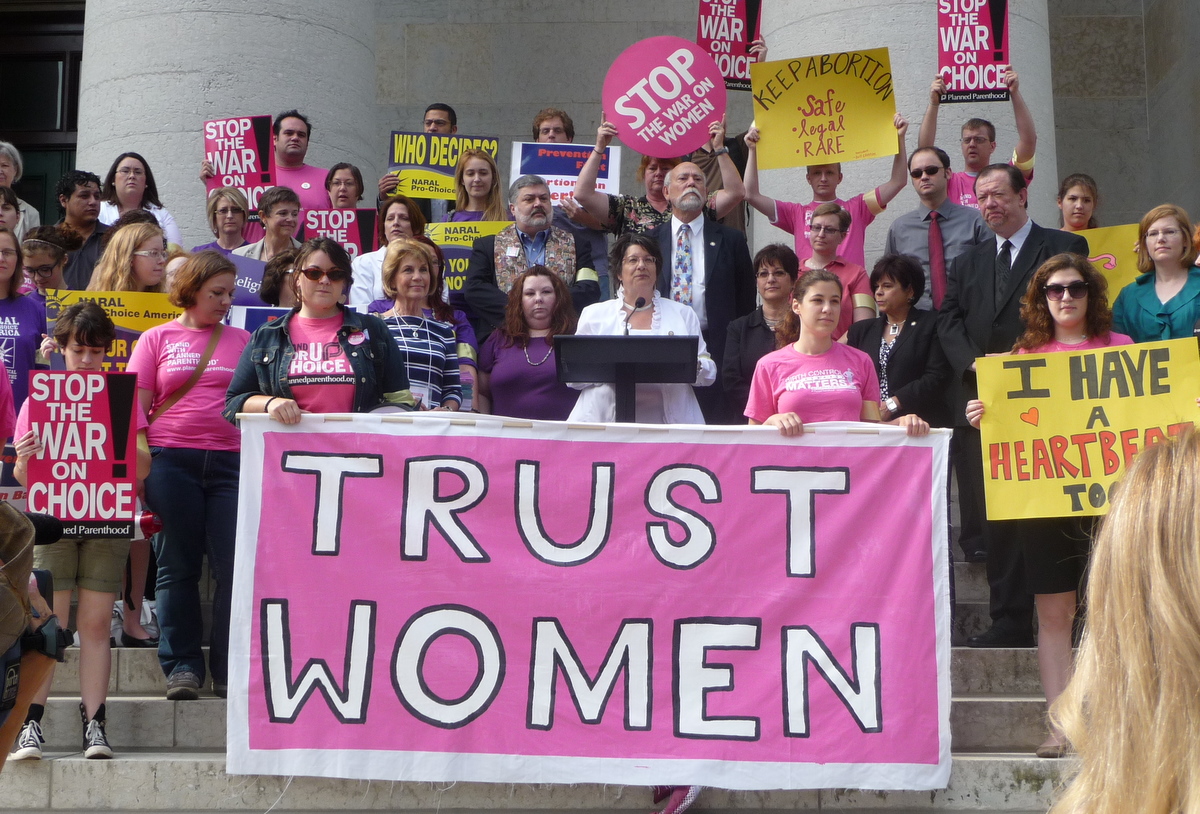Last year, a Pew Research Center survey found that 80% of U.S. adults would change their behavior to fight climate change. Many people try to “play their part” by doing things like recycling, turning off the lights or using less plastic. Unfortunately, like many things in society nowadays, American laws are preventing us from making the most conducive, sustainable stride of them all: solving the car problem.
There are between three to eight parking spaces for every car in America (CNN). Our newer burgeoning metropolises seem to be dominated by highways rather than crowded pedestrian walkways. Some streets even lack bike lanes. All this goes without mentioning the incredibly jarring (and unique) lack of reliable public transportation in much of America.
You might ask, “why?” Why can’t American cities make the most aesthetically pleasing, convenient decisions when it comes to development? Surely, parking spaces at that scale are such an unnecessary eyesore. Why are cities like San Bernardino devoting 49 percent of their land area to parking spaces (Parking Reform Network)? Conventional wisdom may argue that this is a necessity for America’s large population. How does that explain the fact that out of the roughly 1.4 billion people in China, there “only” exists 250 million parking spaces (Intertraffic China)?
Lobbying made America a uniquely car-dependent country. I recently watched a Vox YouTube explanation summarizing this occurrence: Essentially, as American cities rapidly industrialized in the 1920s, a combination of auto industry lobbying and (at the time) financially-prudent decision making led to this phenomenon. To cities, policies favoring car ownership would lighten the tax burden of providing public transportation. Instead, they could passively generate income as they set up parking spaces with meters, taxing people for their transportation while making their ownership easier via parking space construction and highway development. At the same time, the auto industry (led at the time by Ford and GM) pressed cities to make these changes for their own sake: Consumers would buy more cars given their newfound accessibility and requirement for transportation.
Car dependency is unsustainable in the era of climate change. Aside from its emittance of carbon, it’s simply a waste of space and an eyesore for everyone. If we lived in more walkable cities with ample bike lines and better public transportation, we could make life more environmentally friendly and convenient for everyone. I think people should focus their activism on changing these laws and citywide regulations to encourage less car use, because this could potentially resolve our carbon emission problem to an unprecedented extent.






